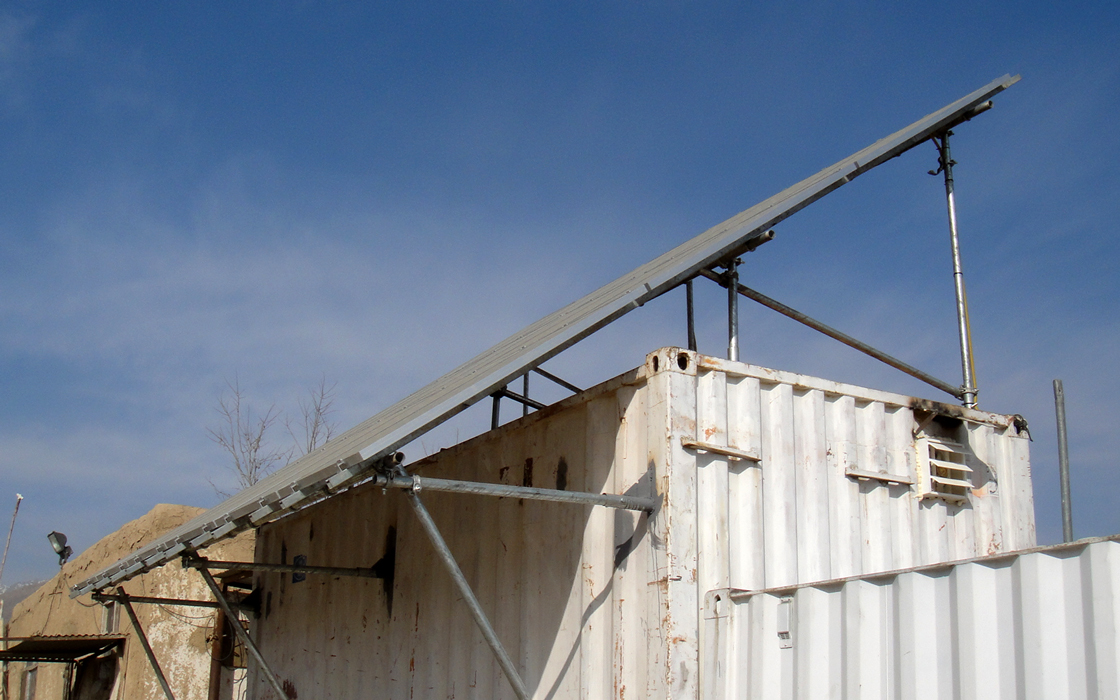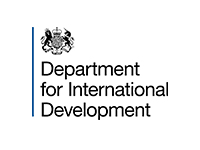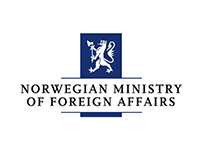HALO’s demining camps are often in remote and off-grid locations. There’s no easy flick of a switch to power up and creating enough energy to charge vital demining equipment and provide light for HALO’s employees is always a priority.
Diesel powered generators have traditionally kept our camps running but as solar technology has become more robust and affordable, we wanted to trial a green source of power.
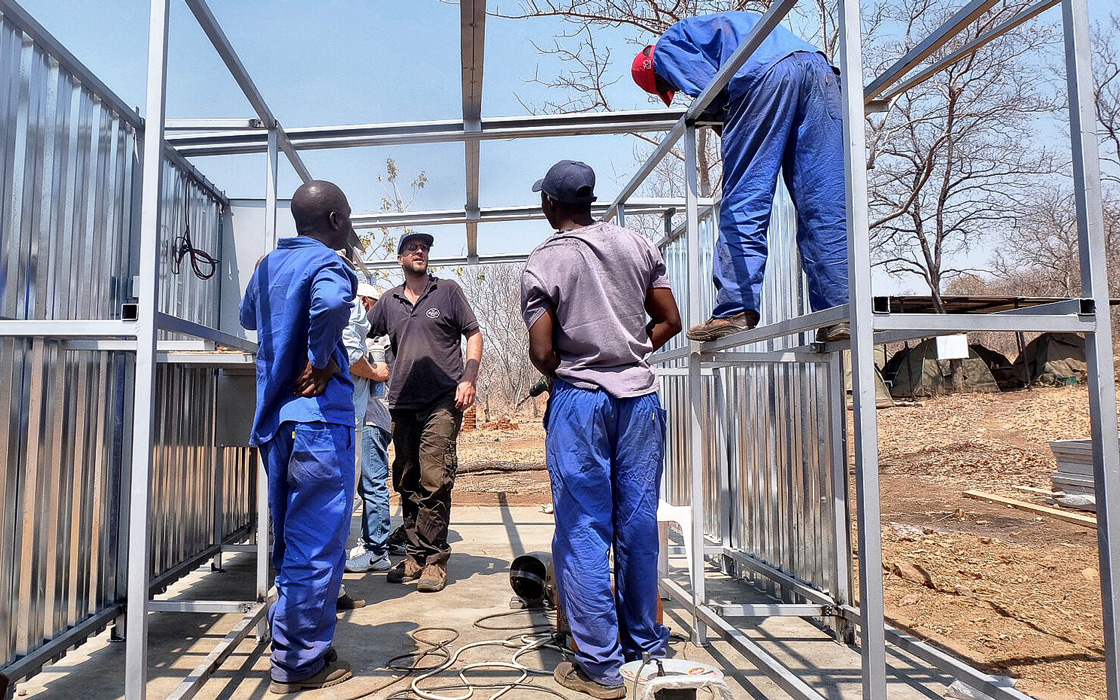
Zimbabwe lights the way
Zimbabwe saw the introduction of our first solar power unit in 2016. At the time, we were running five semi-permanent camps that typically consumed over 600 litres of diesel between them during a 23-day work cycle. Remote locations, fuel scarcity and long supply chains meant finding a reliable source of diesel and transporting it to camp was problematic. A switch to solar provided a more consistent and environmentally friendly source of power.
Thanks to funding from DFID we were able to develop our first unit, The ‘Solar Shed'—a unique collaboration between HALO and Solar Solutions, based in Harare. The design was a success, powering a camp of 70 deminers in Rushinga, even during the overcast rainy season. Following the ‘Solar Shed’ we worked on the ‘Solar Trailer,’ made possible by the generous support of British based company, Bromborough Paints. This featured a mobile design that proved more than capable of powering the 70-strong Chisecha camp. We continue to innovate in Zimbabwe and again thanks to DFID funding, have been able to introduce the latest static Solar Array model.
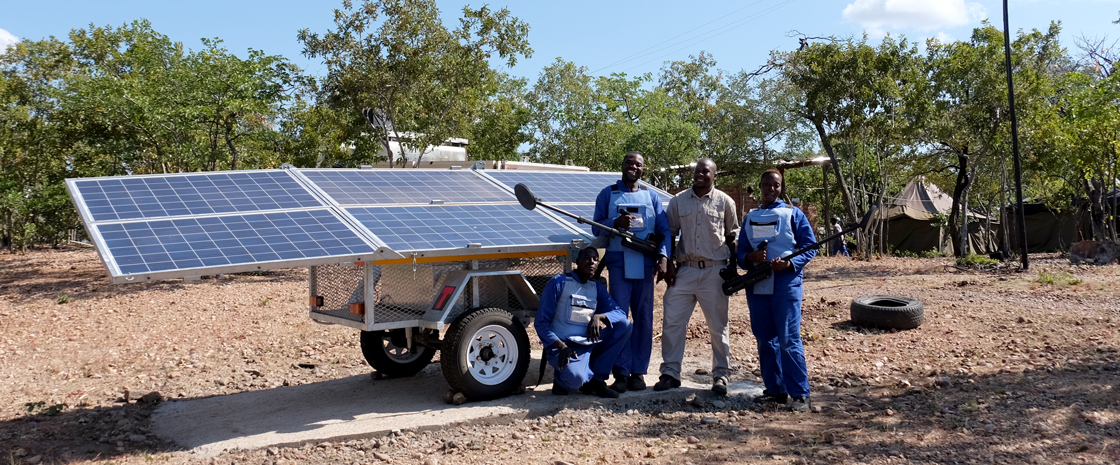
Afghanistan goes FOR green power
Following the successful trials in Zimbabwe we have just installed 18 solar panels at our Shakardara camp in Afghanistan—with the generous support of the Norwegian Ministry of Foreign Affairs. This will save an average of 400 litres of fuel a month, reduce our carbon footprint and also cut down on the noise pollution that is caused by traditional generators—improving life for our staff out in the field.
Shakardara camp is home to 300 staff, the new solar system will provide long hours of lighting and allow them to recharge detector and radio batteries.
After initial set up costs, solar energy is a sustainable source of free power. This means, in countries where fuel-security is not guaranteed, we can keep operations running smoothly. Moreover, it also allows us to move towards environmentally friendly methods of powering our operations around the world.


